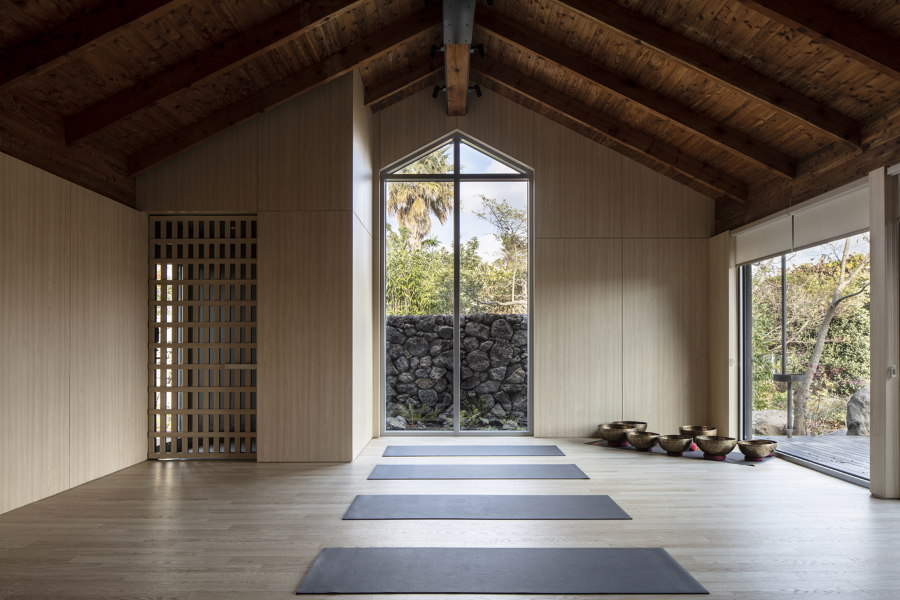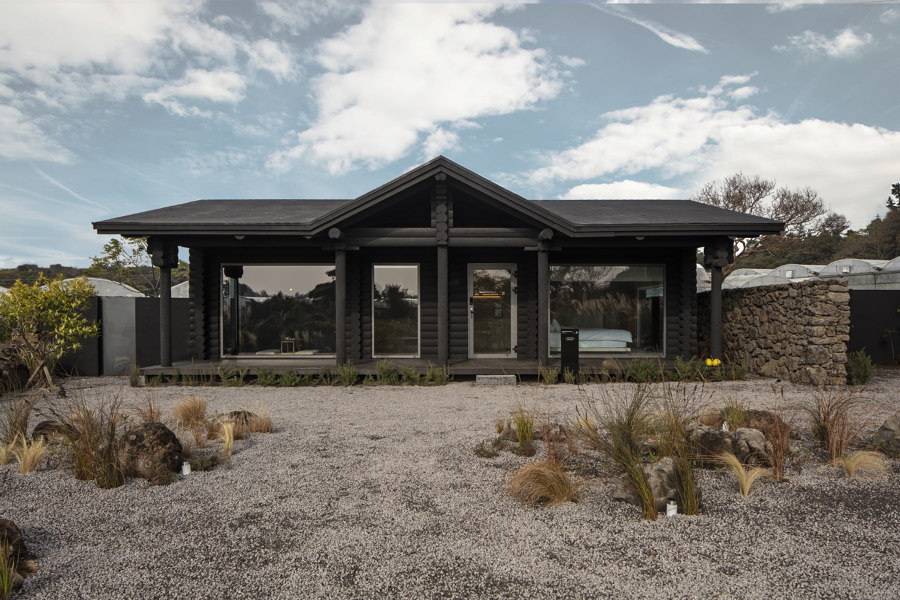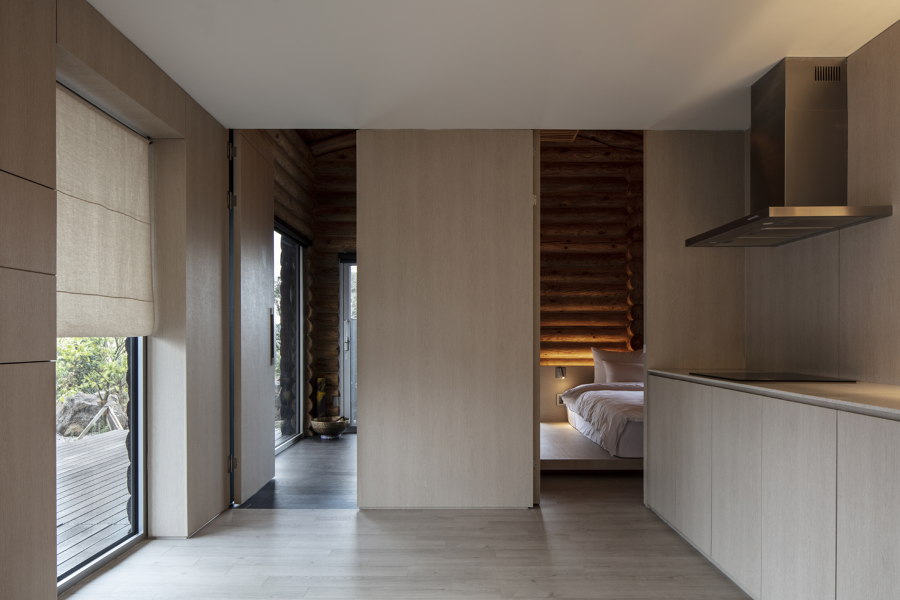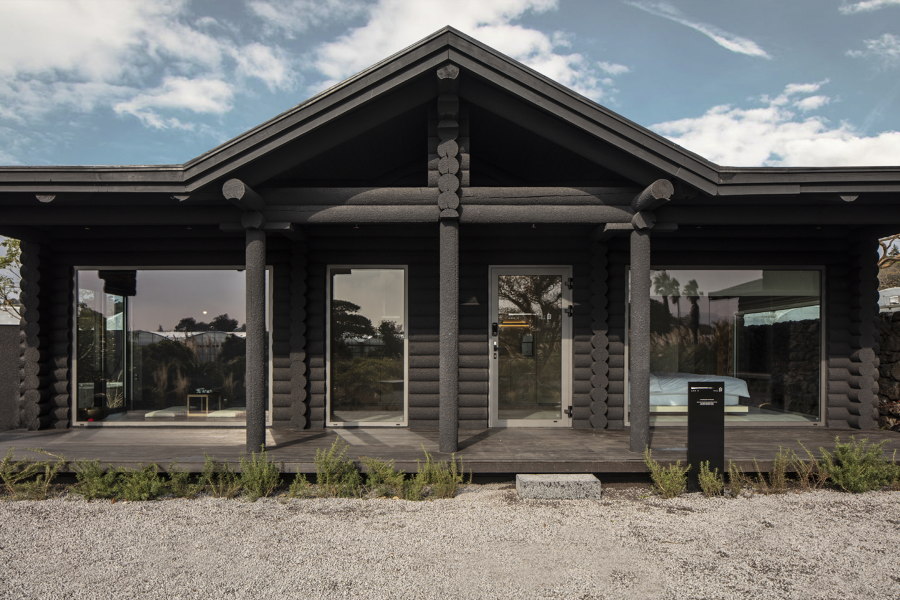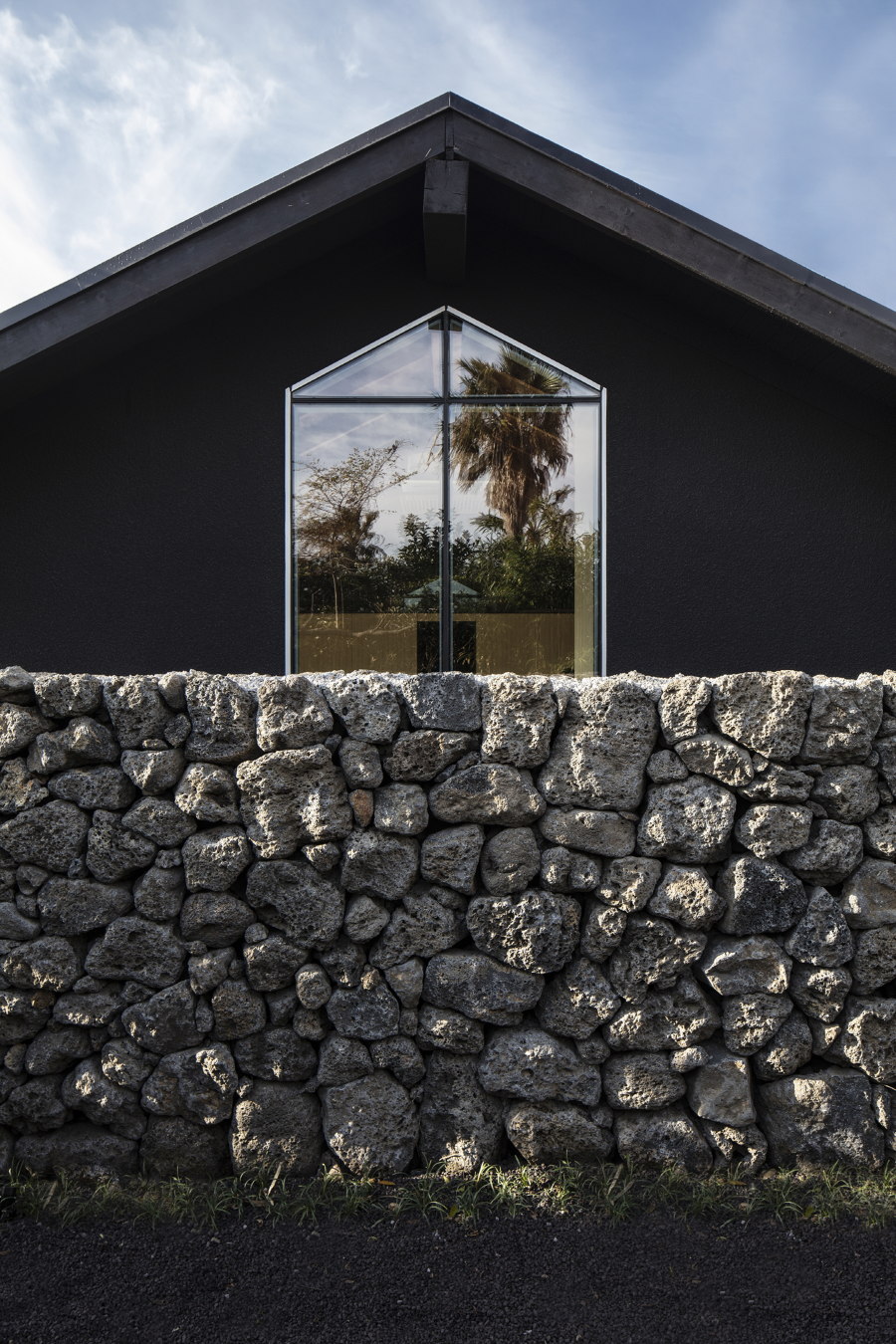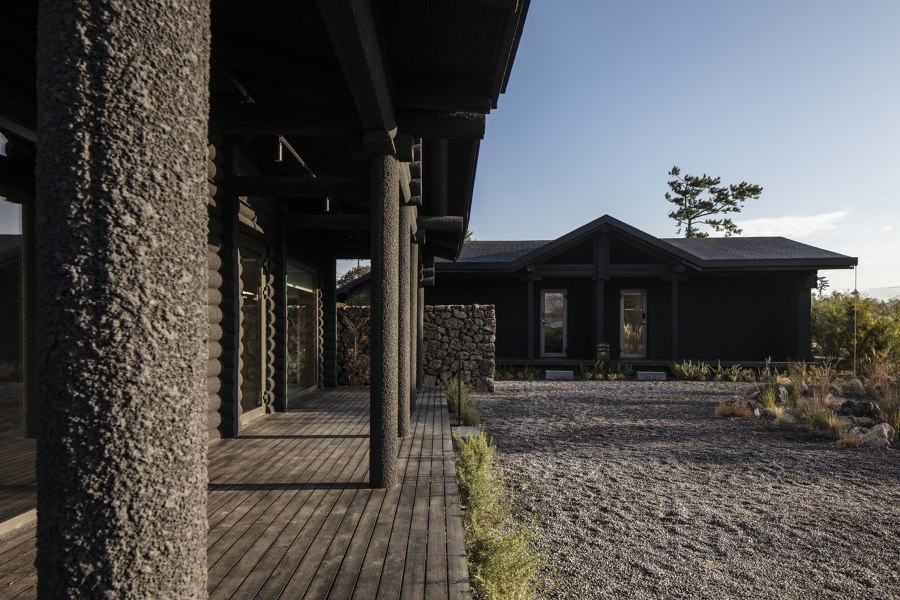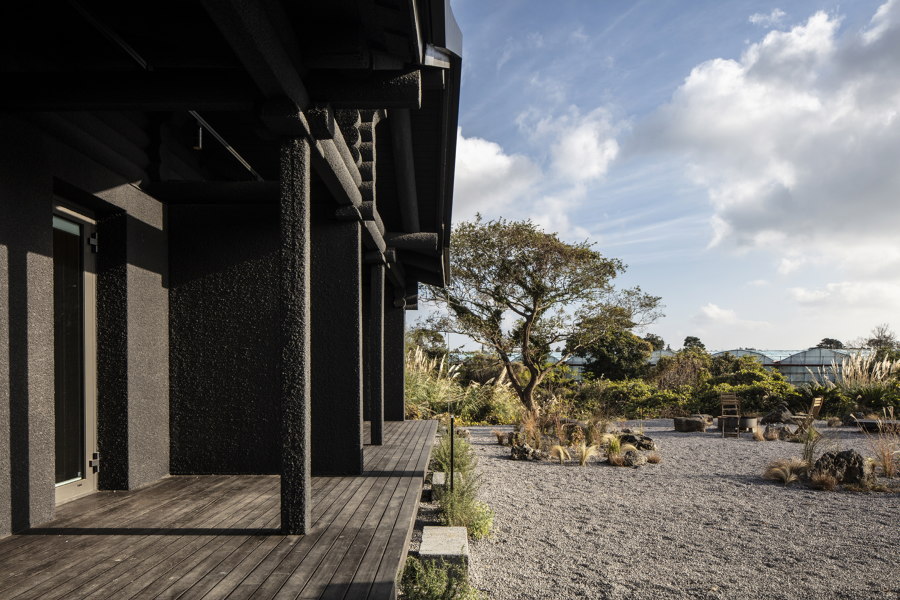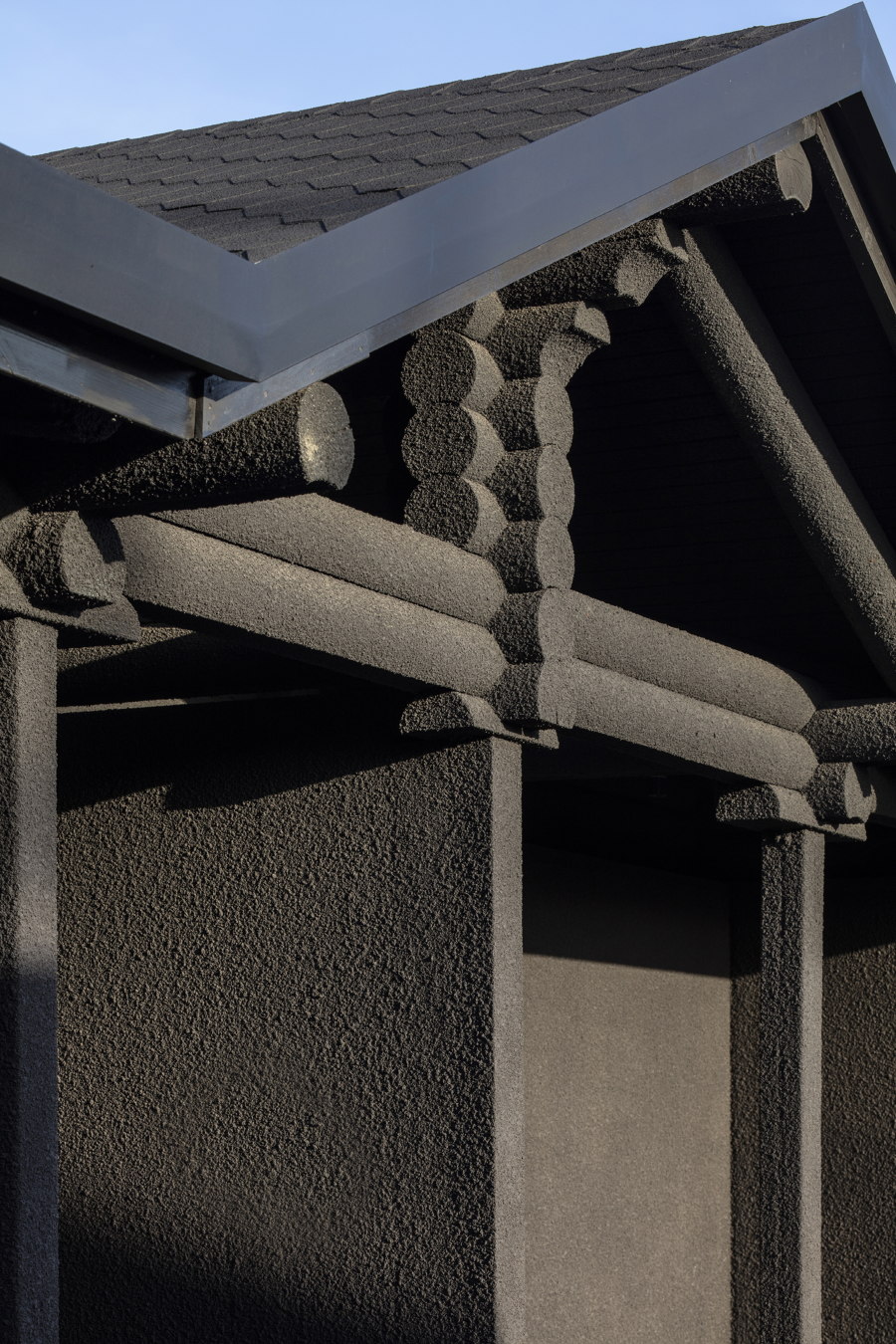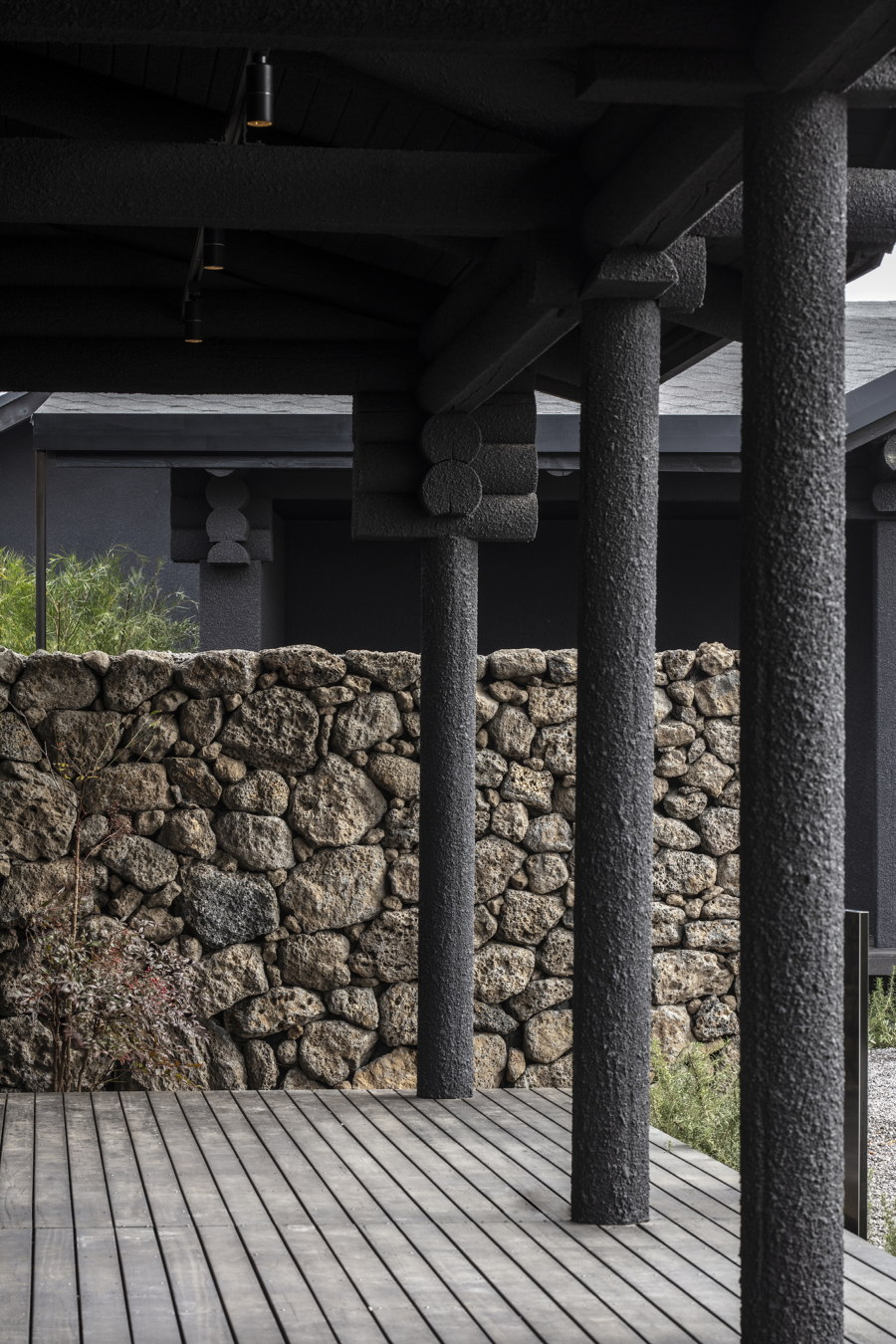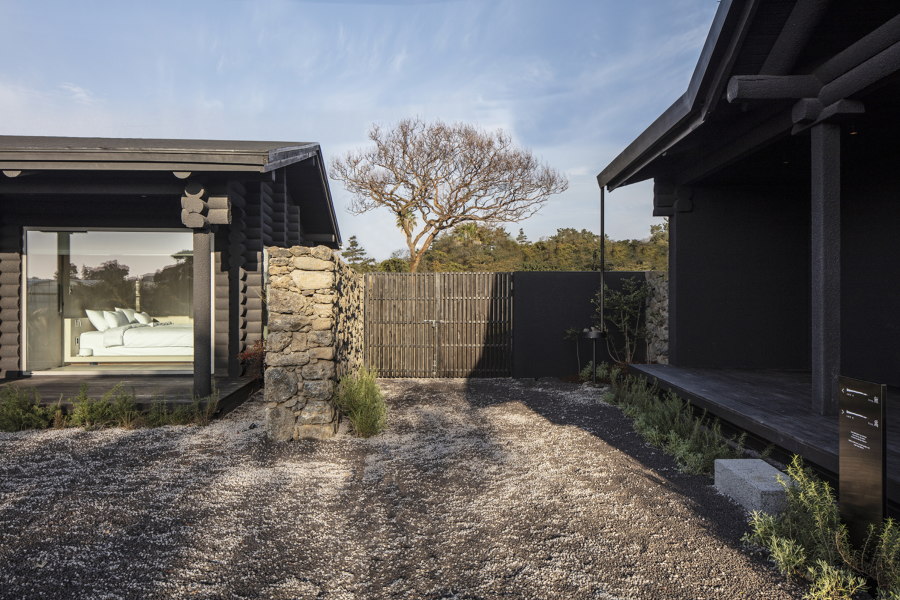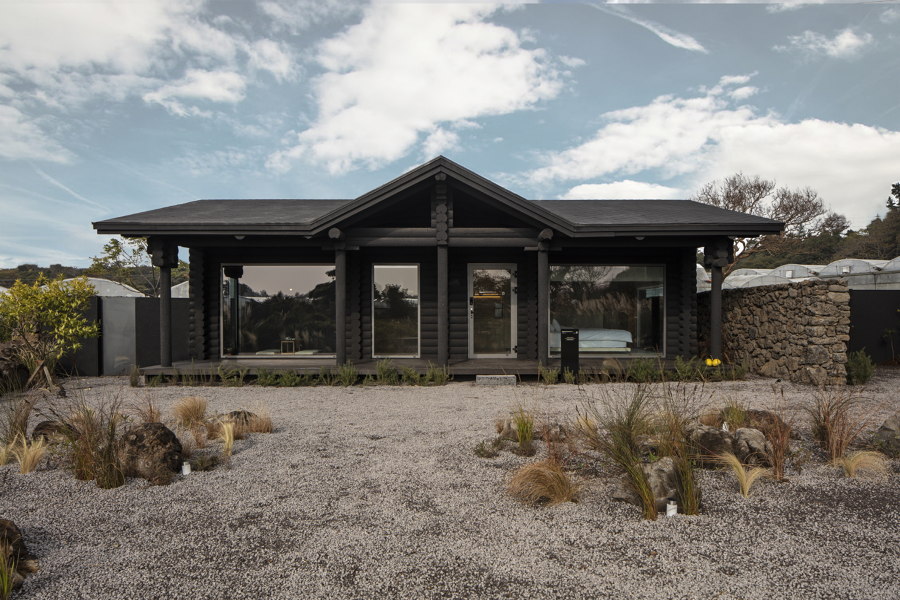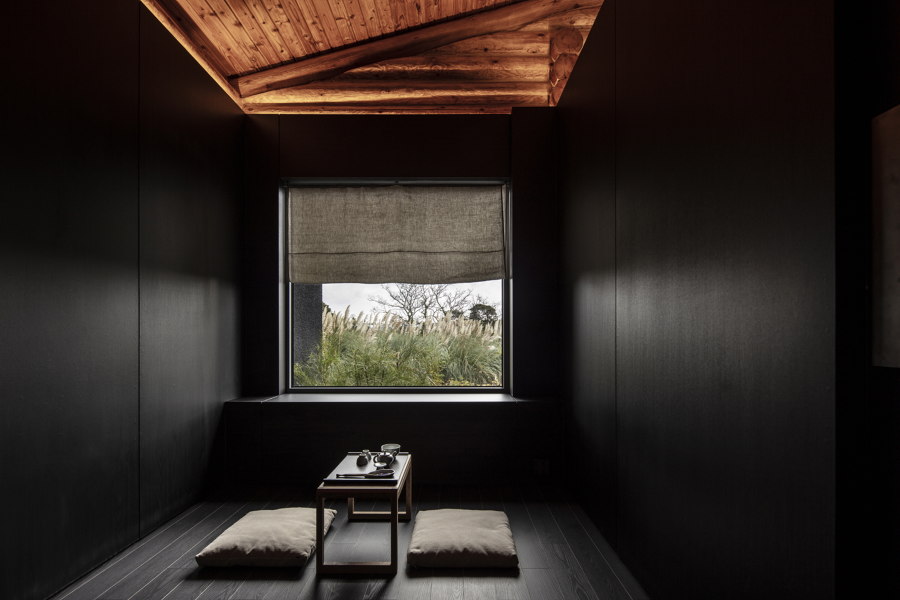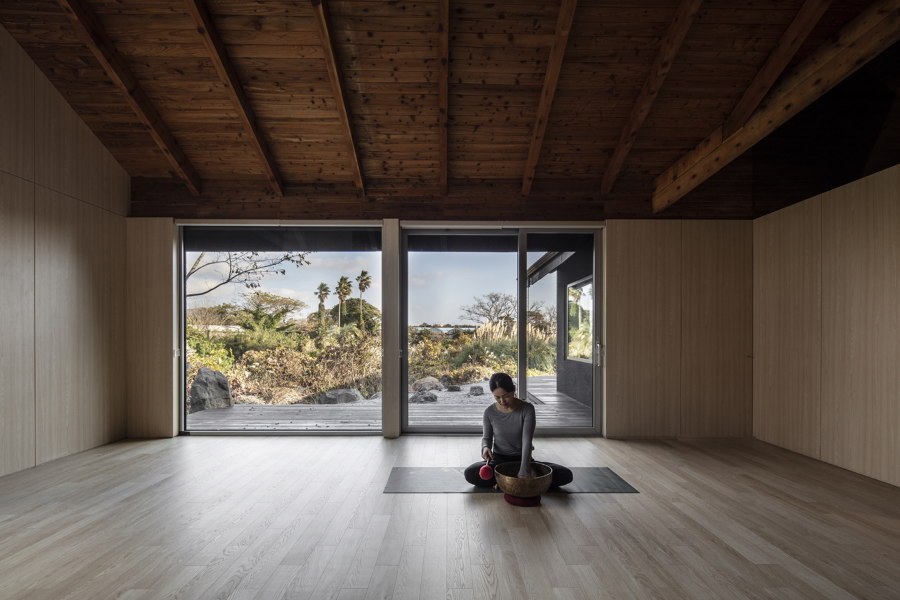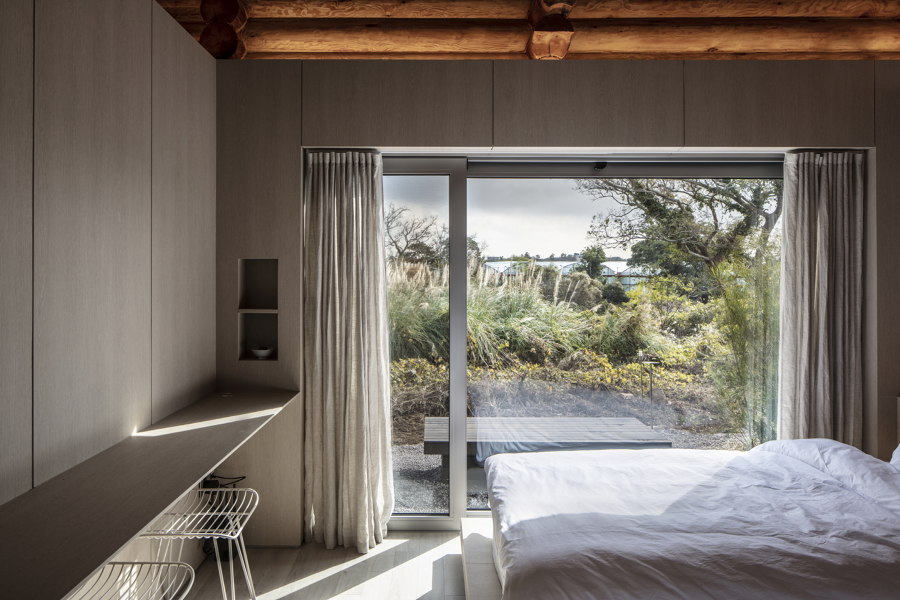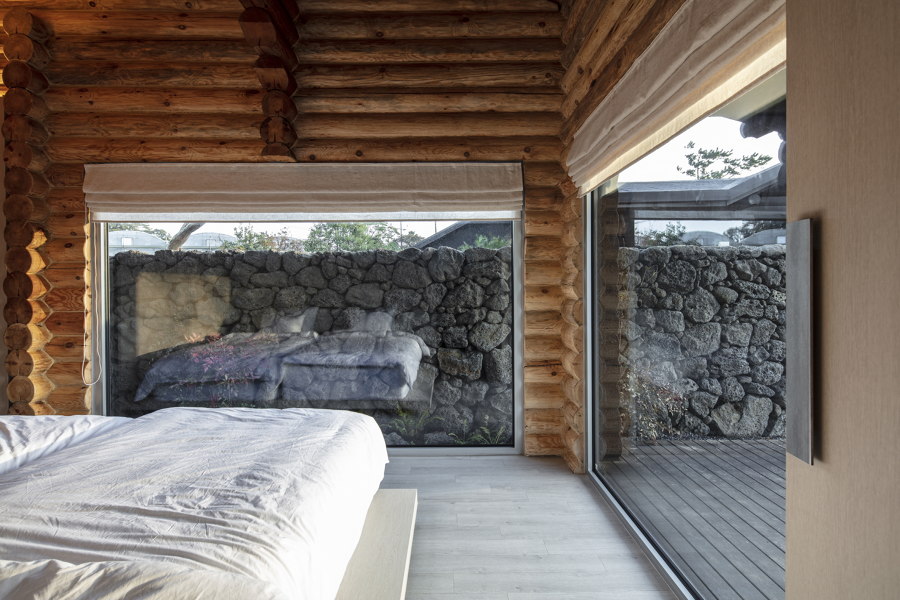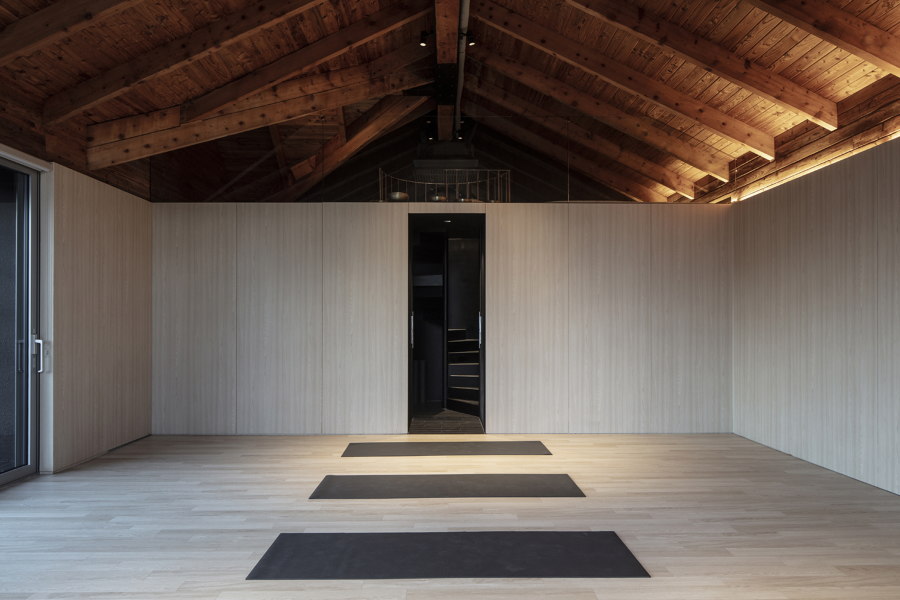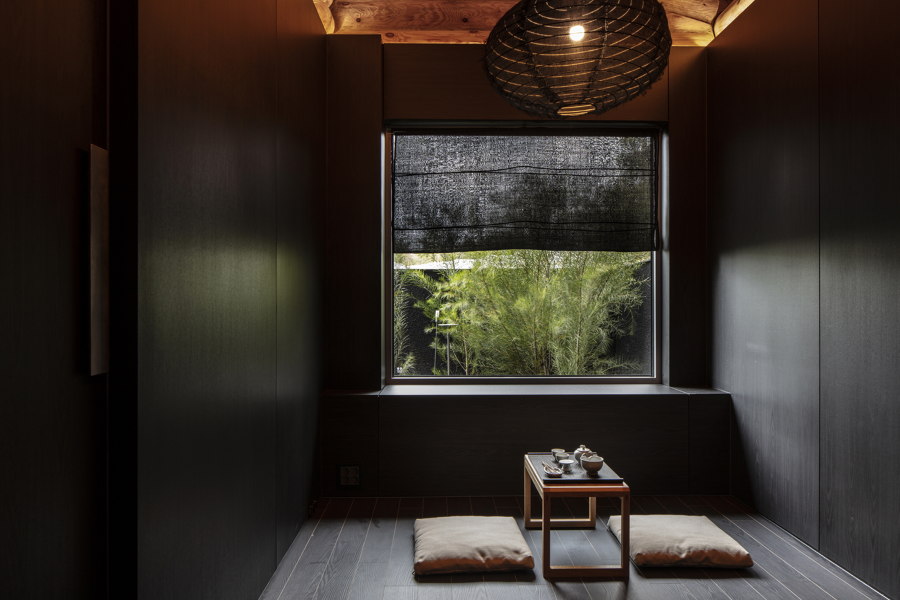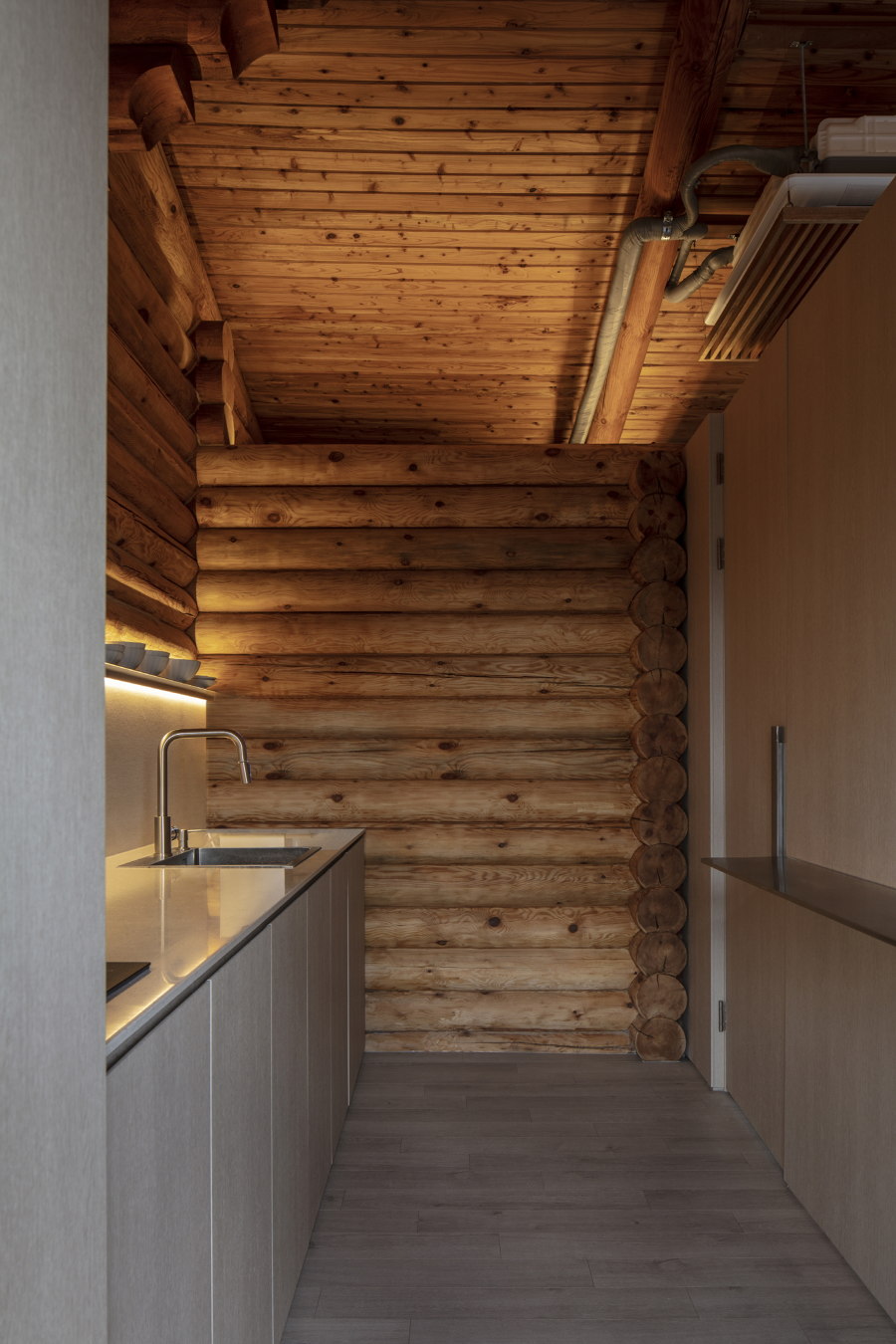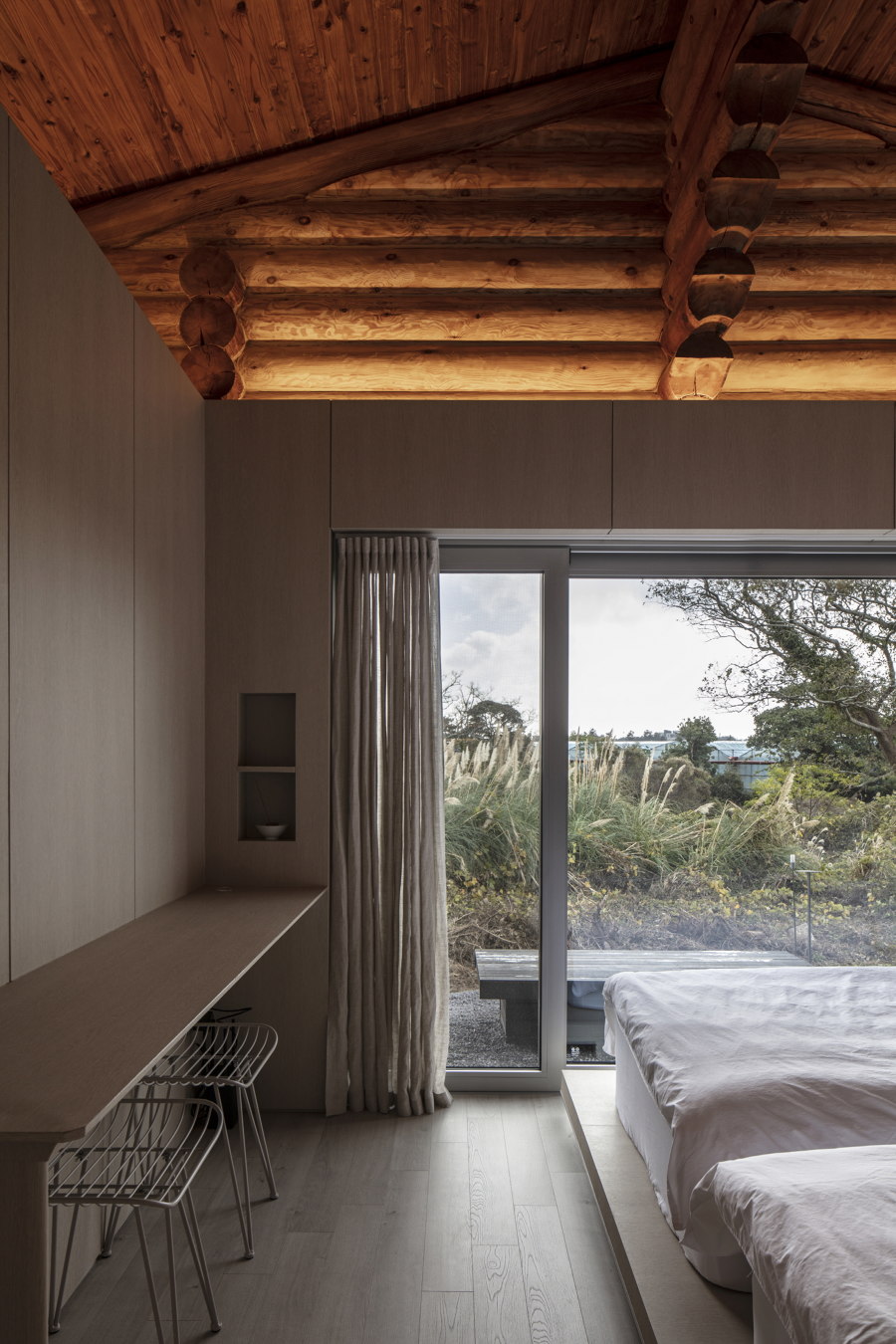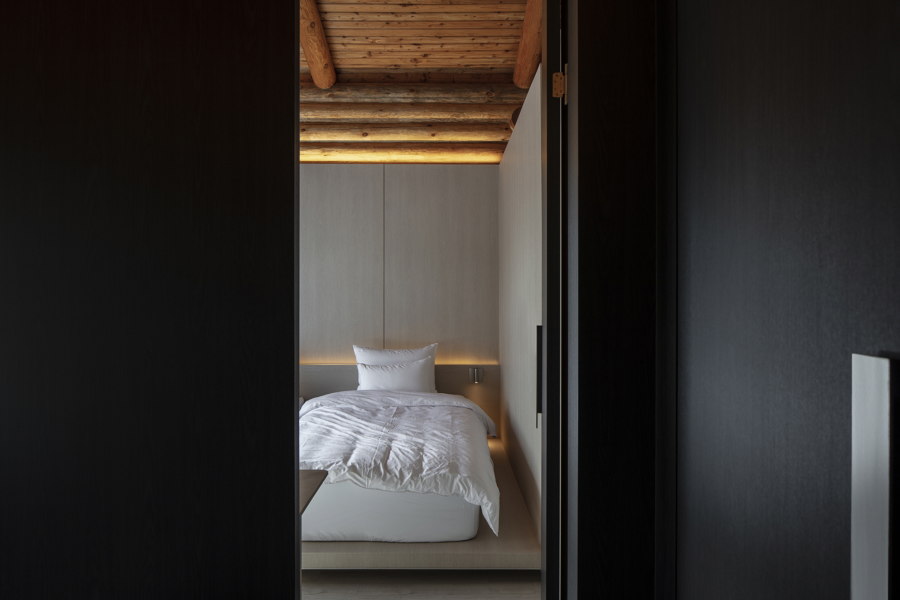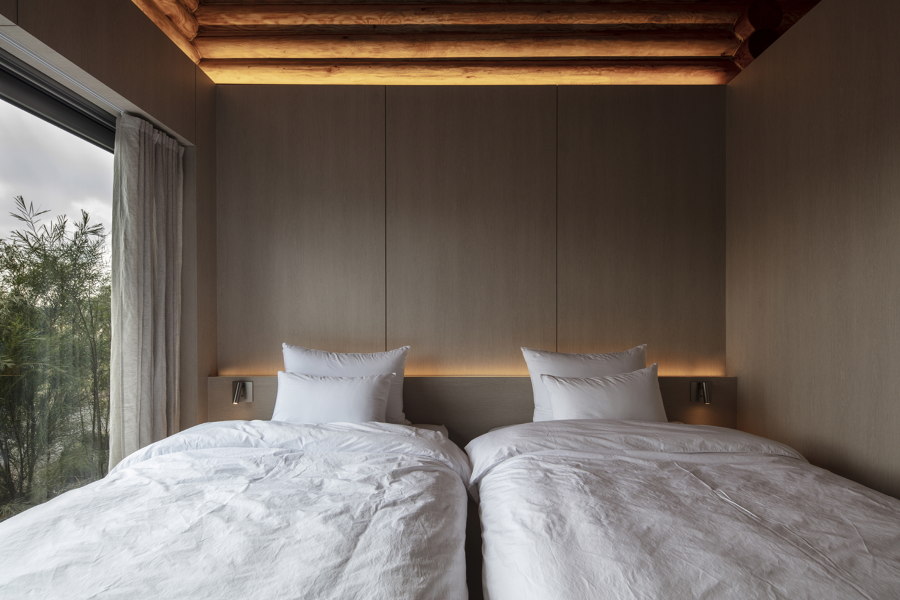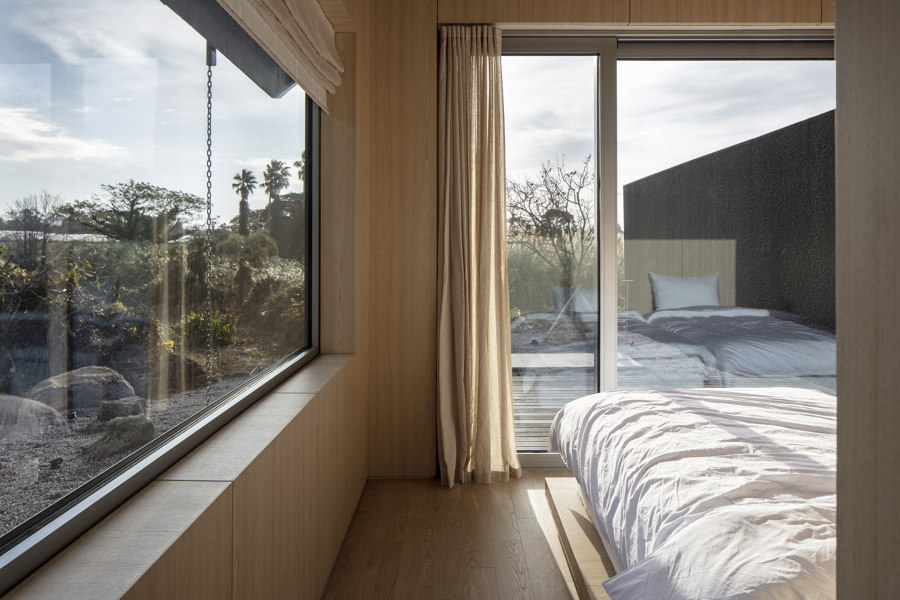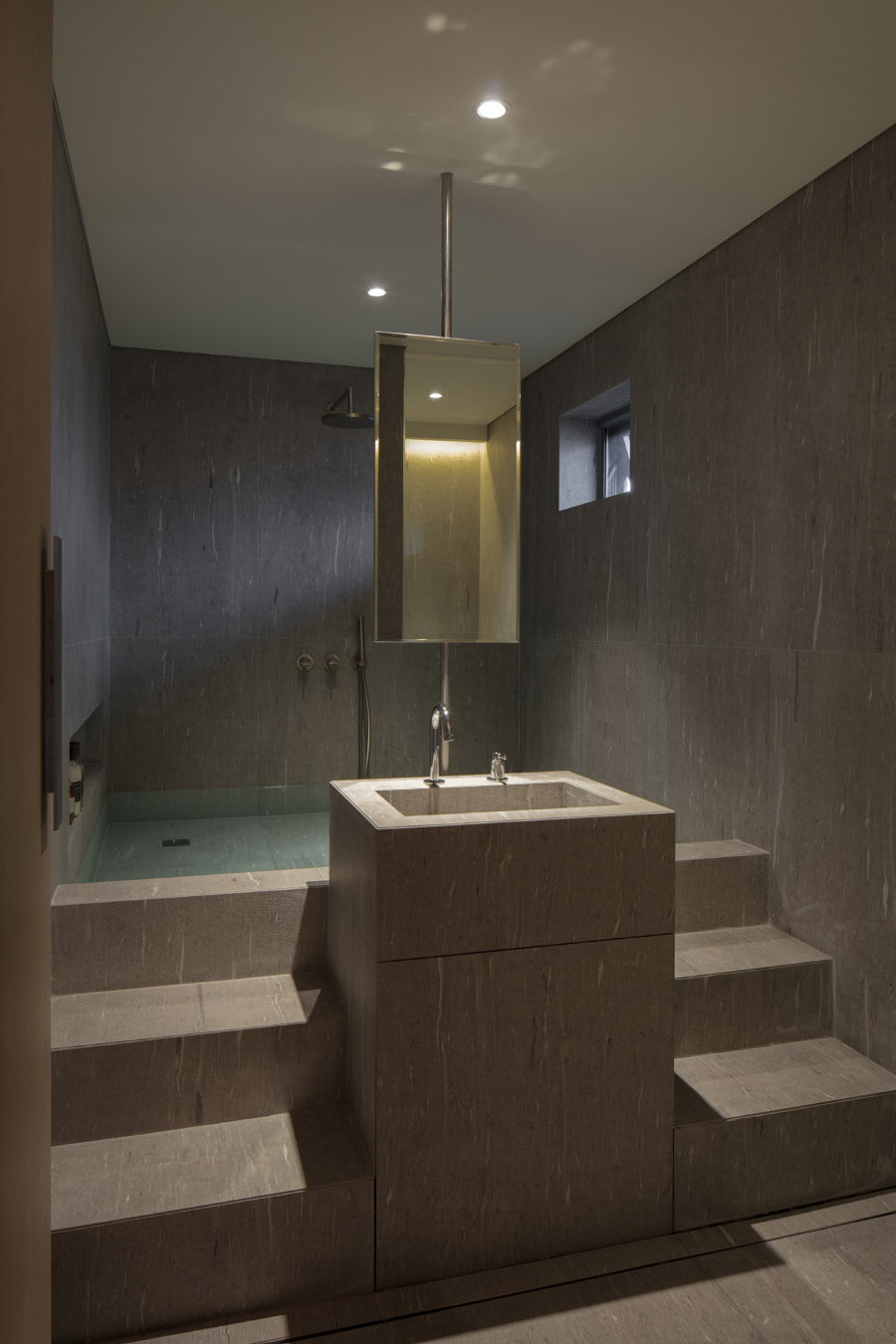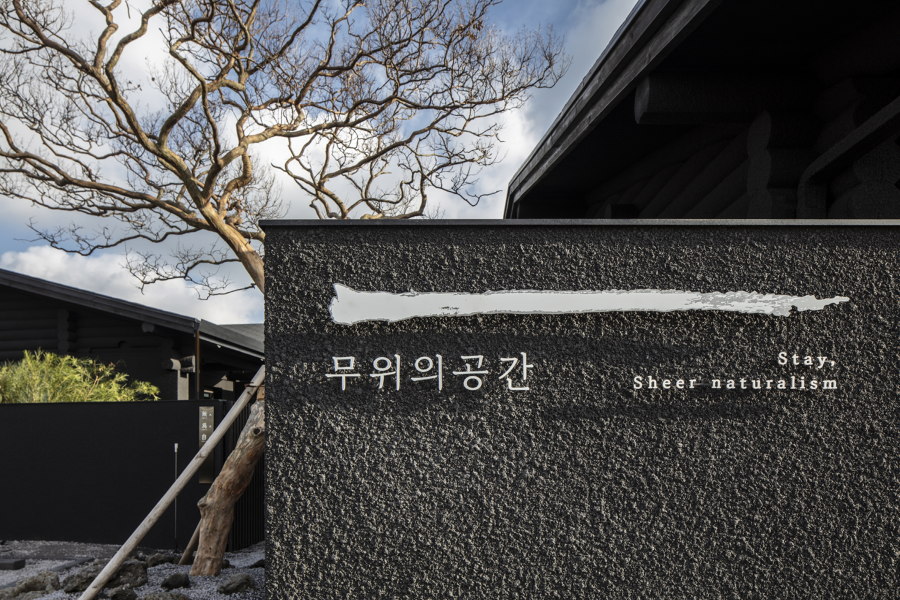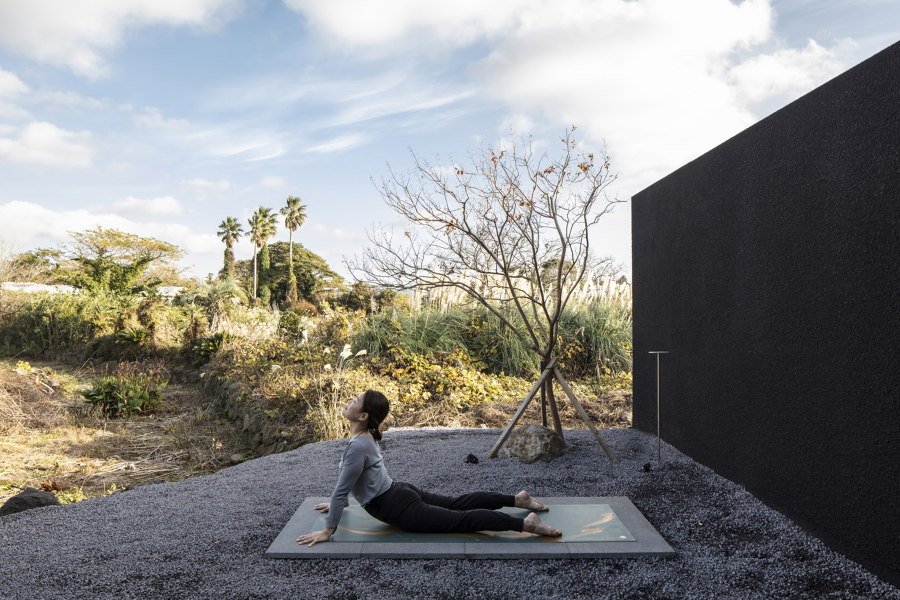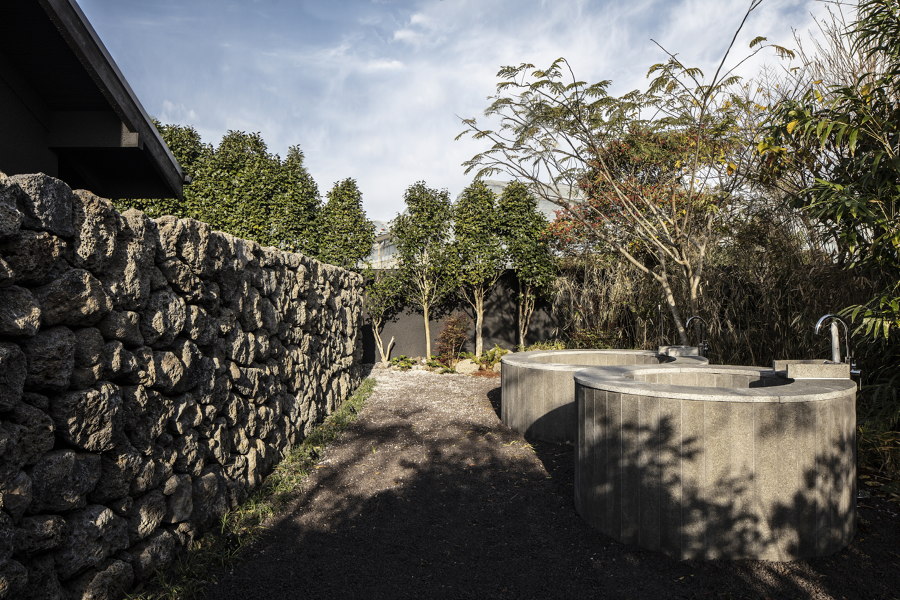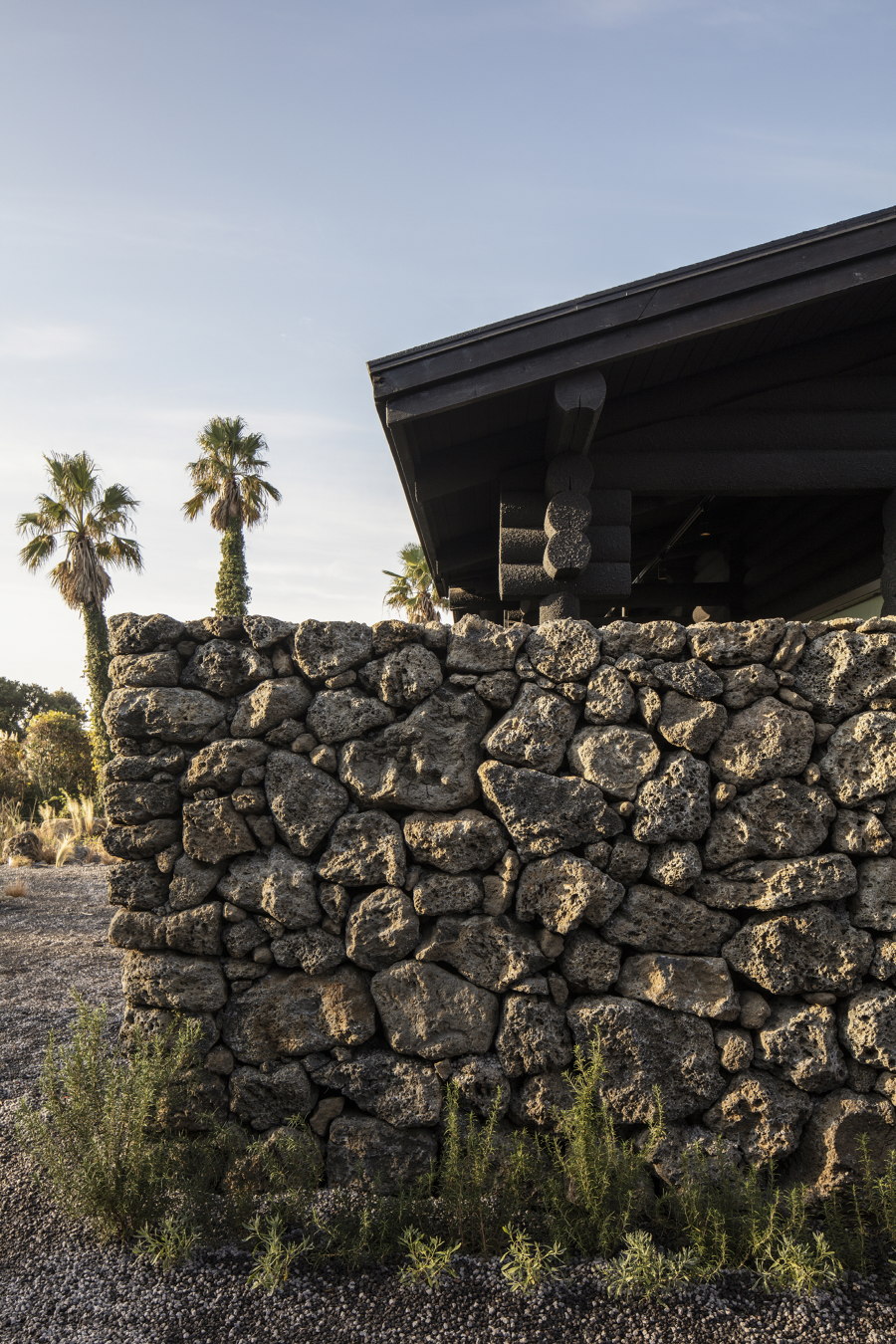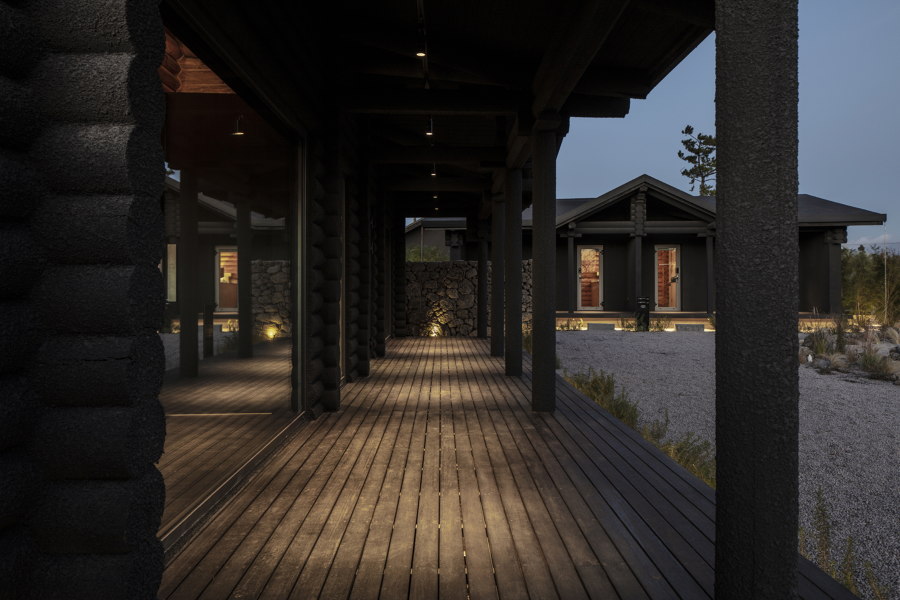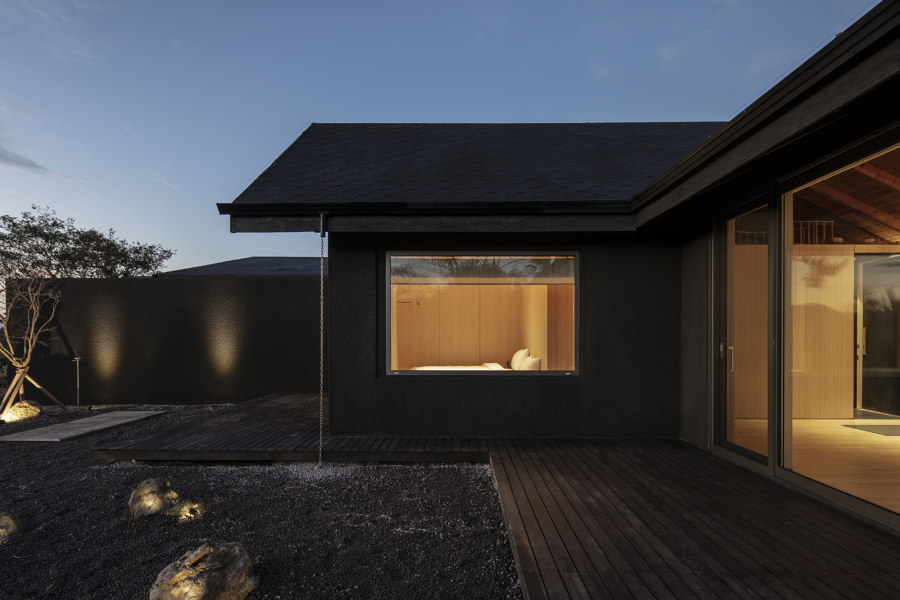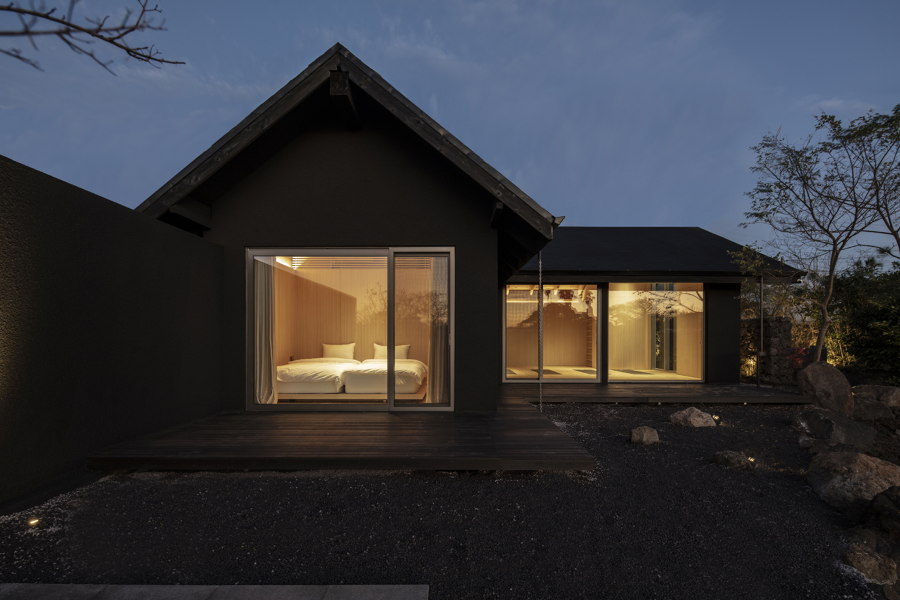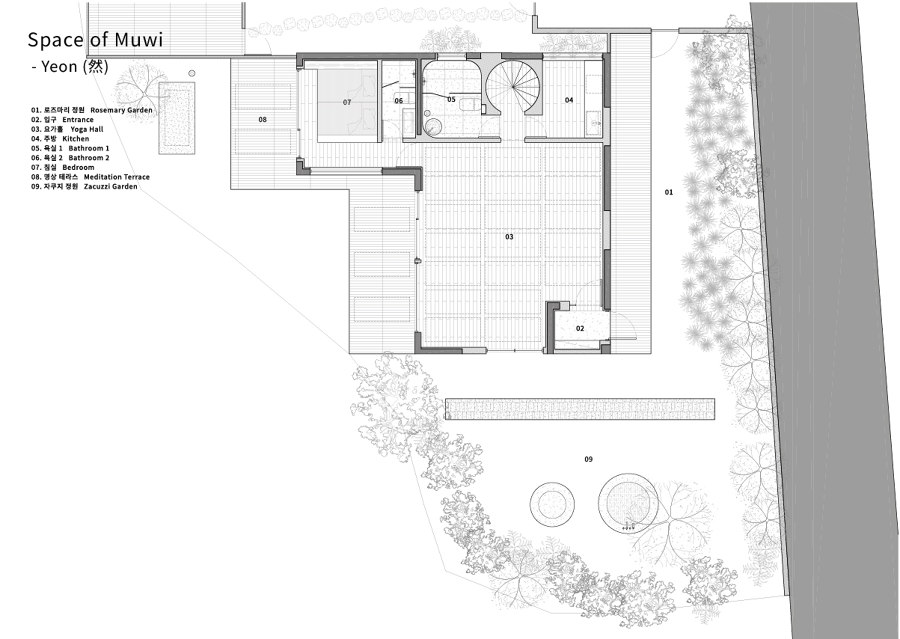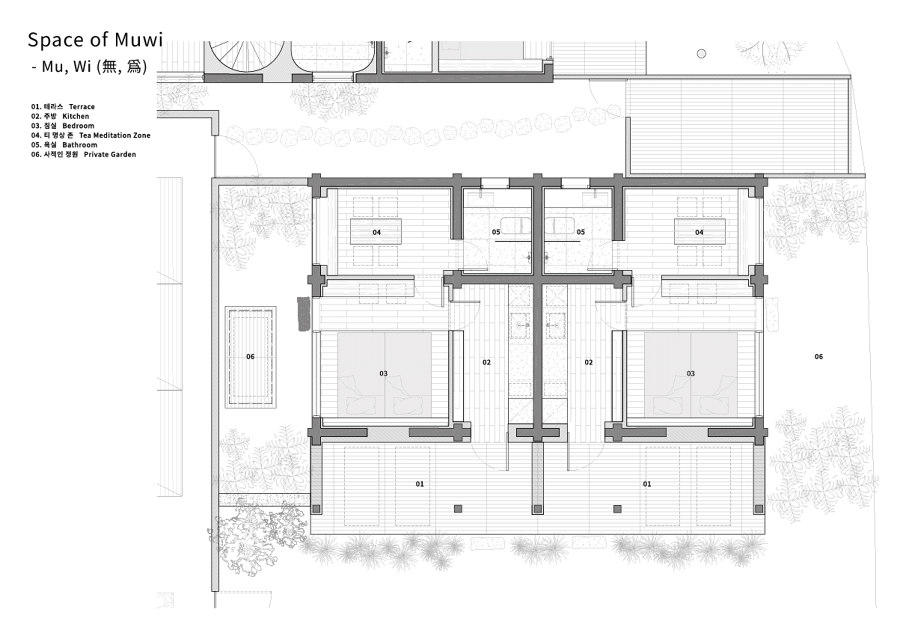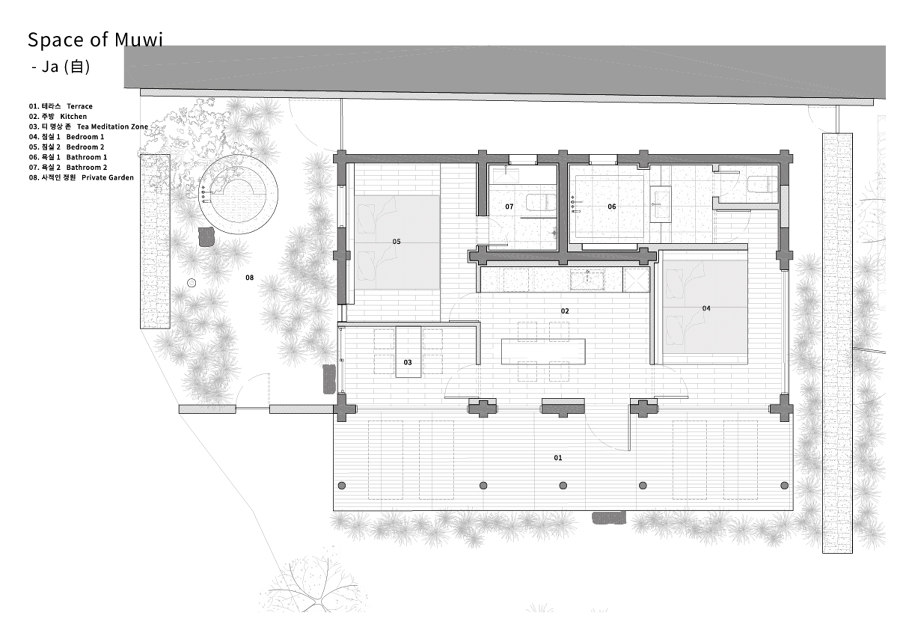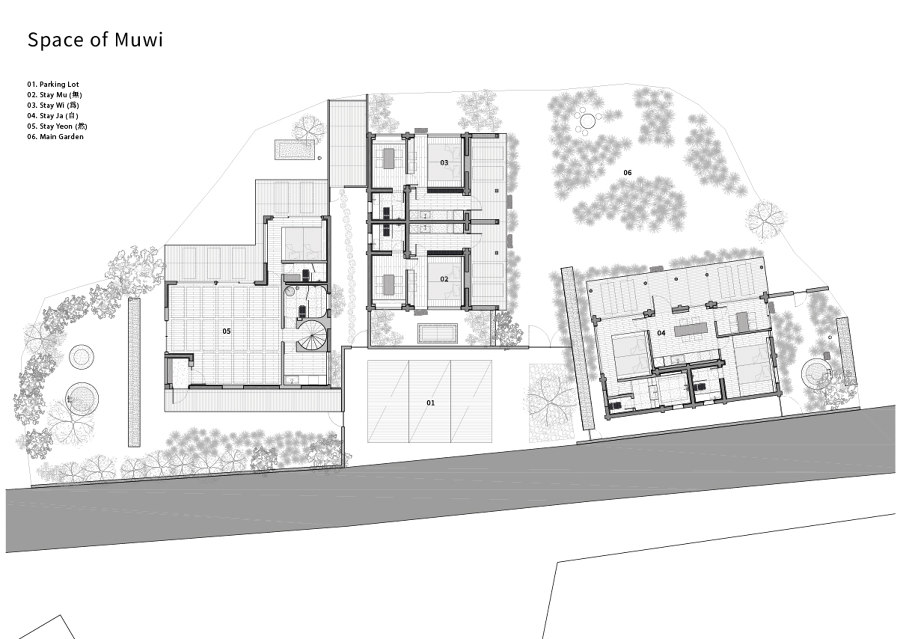'Yoga is the practice of calming the constant wave of the mind.' The verse is found in Chapter 1:2 of Patanjali's Yoga Sutras, a book containing yoga teachings. While practicing yoga, we close our eyes and breathe deeply and slowly in and out in repetition. This is a simple, silent practice of concentrating on one's inner movements. The inner power of reaching complete unity with the universe lies behind the body's movement to perform yoga. The ability to listen to my inner voice through breathing and moving, the ability to come to terms with who I truly am through a complete understanding of myself, and the ability to accept myself as I am, are all fundamental aspects of yoga.
As a literal translation, Muwi(無爲) means "doing nothing," but there is also a meaning of "sheer naturalism," which means "nothing artificial." As it is, it is about stopping acting against the natural flow of things and accepting them as they are. It is the act of removing the shell that surrounded me, allowing the heart that runs only toward the outside of me to come inside and reflect on my inner self in a quiet way. The goal of yoga was to reach a state of mindlessness through emptying and removing, and I desired to provide visitors with such an experience in this place. In planning this project, we hoped that even those without a background in yoga would feel a sense of peace through the calm breath they can experience in this place.
Four yoga masters of ‘Yoga Kula’ have created ‘Space of Muwi’ as a place for yoga, meditation, and healing. This log house is located in Hangyeong-myeon, Jeju, and was a suitable location for bearing the "Muwi(無爲)" we were discussing. With plants growing randomly, it was natural for the old log cabin in Jeju to blend into the peaceful, serene village. Our goal was to create an atmosphere of "Muwi(無爲)," which would have existed naturally and without the need for artificial intervention while reviving the atmosphere of the log and adding a touch of Jejuness to it.
The color surrounding the epidermis of "Space of Muwi" is the color that is most representative of the concept of "nothing." The color black enhances the color of nature while allowing buildings to disappear under cover of nature. With the sun setting, the building's presence disappears, and only "I" and "the nature of Jeju" remain.
Space of Muwi is divided into four rooms: Mu無 , Wi爲 , Ja自 , and Yeon然 . Each of these rooms has been purposefully designed to preserve the original texture and aroma of the log by removing lumpy paint, except for the minimum walls required for classification.
According to the names of the rooms devoted to quietness, the Mu無 and Wi爲 rooms are set apart from the outside world by a private meditation garden, leaving only one's existence visible. There is also a space on the terrace where you can do yoga in the sunshine of Jeju.
The Ja自 room reflects the nature of Jeju and exists independently of its theme. It has been designed so that four individuals can stay in two separate bedrooms and share a kitchen space. Jeju stone walls and logs are close together in one bedroom, and there is an outdoor Jacuzzi surrounded by Jeju's stone walls and nature in the second bedroom. The facility has an internal bathtub that enables bathing to be enjoyed both inside and outside, regardless of the season.
The "Yeon 然 " room can be found if you go through the passage, which is made up of camellia trees and rosemary in Jeju, an utterly independent room from the other rooms. The room is used for various yoga and meditation classes. Through the window of the yoga hall, you can see the Halla Mountain of Jeju. It is the best room with the light of Jeju nature. An attic space was created while preserving the existing high ceiling as a gable in order to facilitate meditation. Outside there are two areas for meditation, one with a cold bath and one with a hot jacuzzi bath set between Jeju stone walls and vegetation, enabling private meditation, and an outdoor space where you can meditate while viewing the Hallasan Mountain and the vegetation on Jeju.
Design Team:
Architects: Jinwook Jung, Yourim Lee
